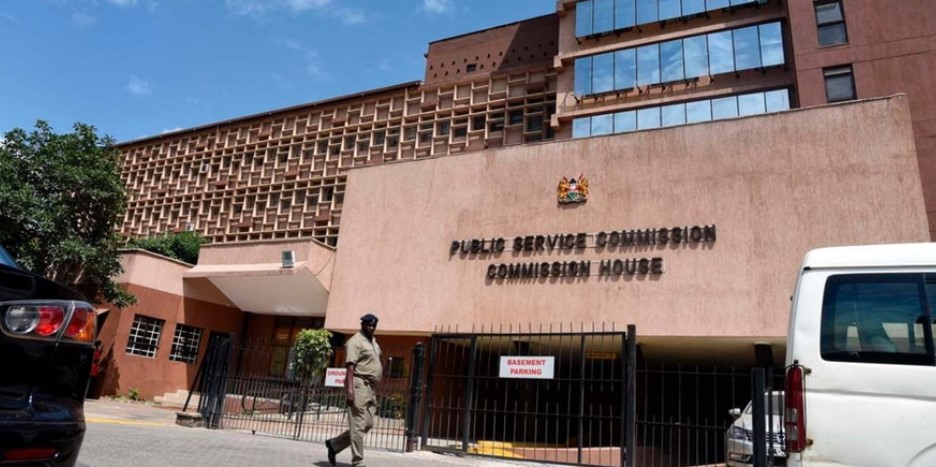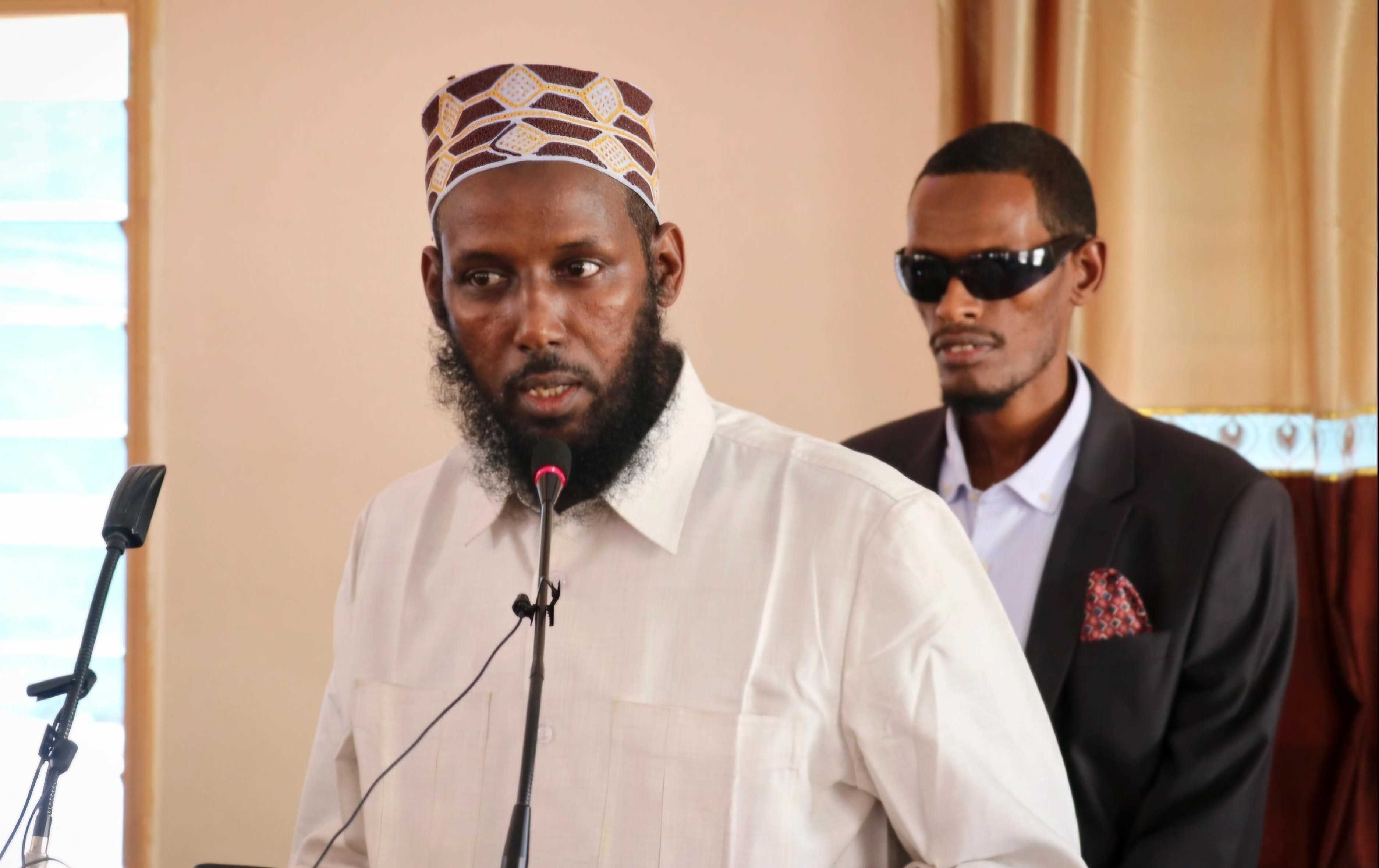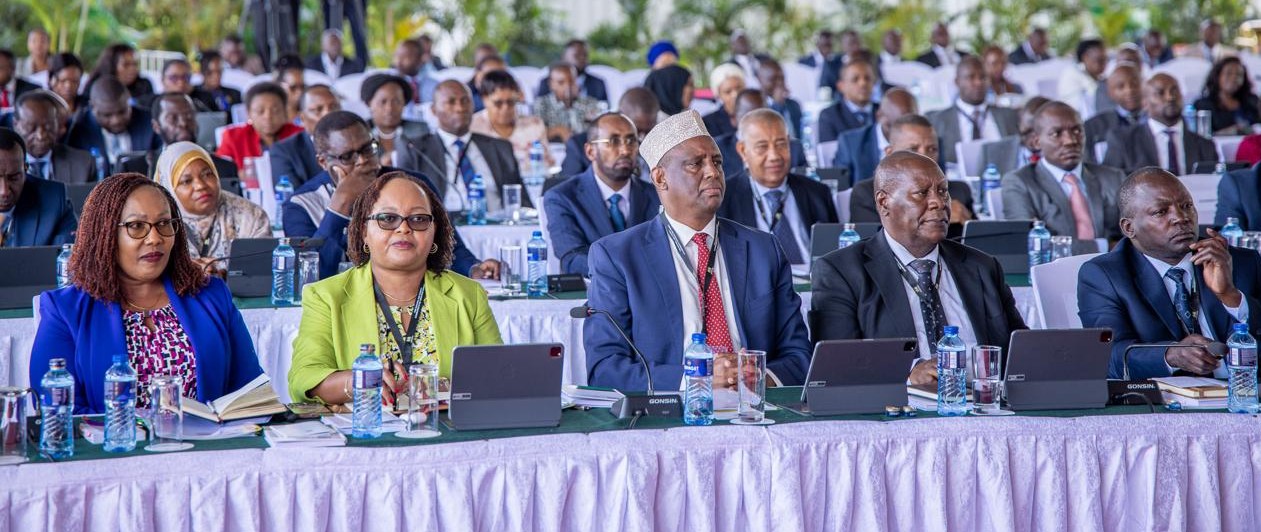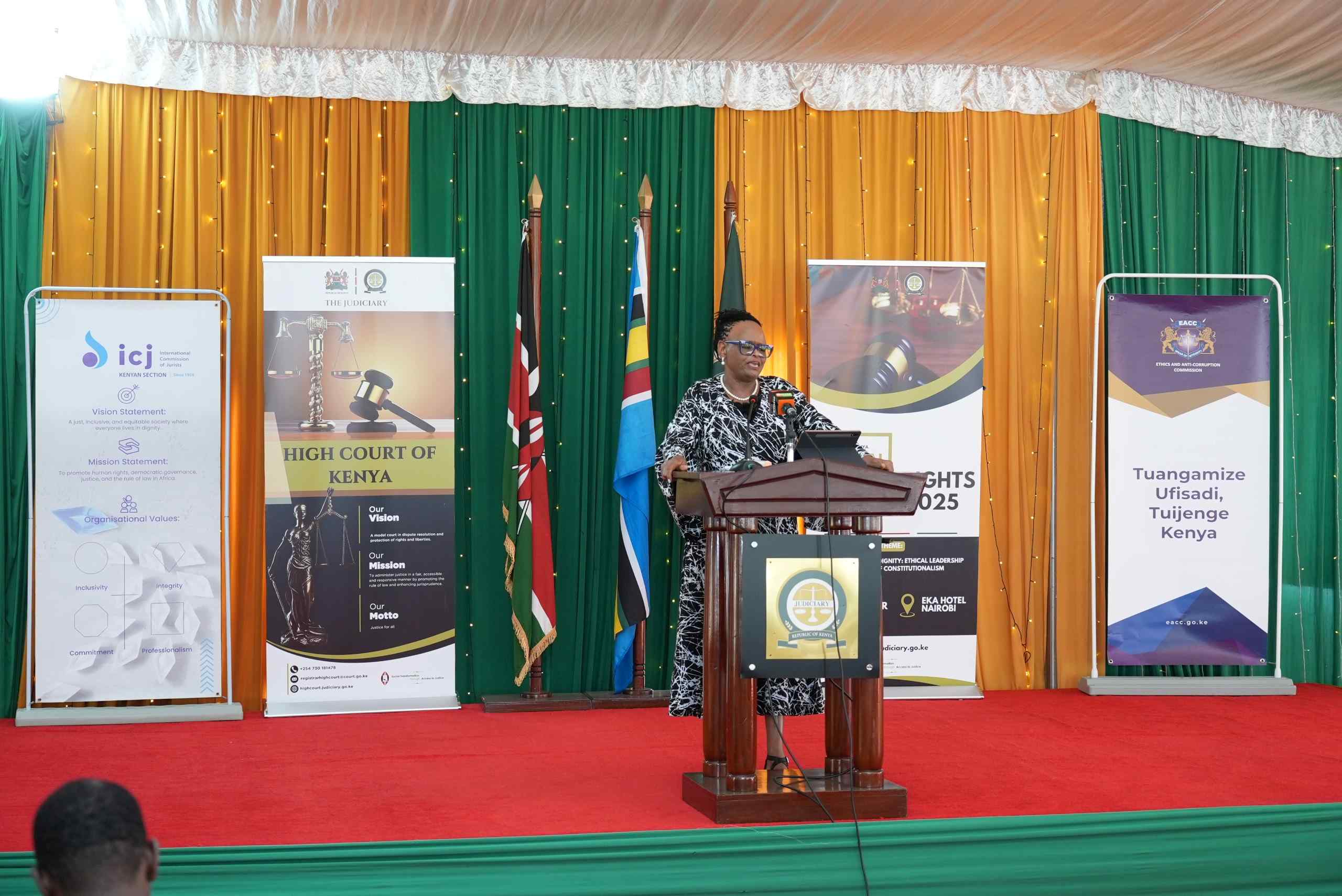State House vs PSC: New Bill seeks to shift control of Kenya's public service

The situation is becoming increasingly complex as the Public Service Commission has long been the central body for staffing decisions across all public institutions.
A new Bill proposed by Runyenjes MP Eric Karemba, an ally of former Deputy President Rigathi Gachagua, is set to reignite a fierce debate over the management of Kenya's public service.
If passed, the Public Service Human Resource Management Bill, 2024 would reverse several recent reforms introduced by President William Ruto, potentially triggering a showdown between the State House and the Public Service Commission (PSC).
More To Read
- Nairobi orders staff to submit academic, professional records by January 15
- Treasury CS John Mbadi defends ballooning State House budget
- Public service pension contributors exceed 500,000 as fund grows
- Audit flags leadership vacuum at Garissa University since 2022
- Outgoing NCIC faces scrutiny over last-minute recruitment of 22 staff
- Bomet, Homa Bay, Kirinyaga among counties with highest hiring imbalances - report
Karemba's Bill aims to overhaul how human resources in the public service are managed by proposing that various agencies, including the Office of the Attorney General (AG), the Director of Public Prosecutions, public universities, statutory commissions, and state corporations, be under the control of the PSC.
This would mark a shift in the current system where these bodies operate independently, particularly in their staffing decisions.
One of the key provisions of the Bill is that the President would retain the responsibility for managing Cabinet Secretaries, Principal Secretaries, high commissioners, the Attorney General, and envoys, but the rest of the public service would revert to the control of the PSC.
Karemba's proposal is seen as a direct challenge to a law signed by President Ruto earlier this year, which handed more power to the AG's office.
The Statutes Law (Miscellaneous Amendment) Bill, 2023, gave the AG the authority to hire staff, including the solicitor general and other subordinate officers, a move that was criticised for undermining the PSC's role in staffing.
The conflict over control of public service appointments deepened earlier this year when the President's office issued new guidelines giving it direct oversight over state corporations.
Under these guidelines, the President's office is now required to concur with key appointments at state agencies, including appointments of CEOs.
Protests from PSC
The guidelines sparked protests from the PSC, which argued that the presidency's new role in parastatal appointments lacked a legal foundation and undermined the PSC's constitutional mandate to manage human resources in the public sector.
The Public Service Human Resource Management Bill, 2024, addresses this issue by ensuring that appointments to the boards of state corporations and public universities will once again be handled by the PSC.
"A public body shall not implement a reorganisation or review of its establishment without the approval of the relevant public service entity," the Bill says about the PSC and other public service commissions like the Parliamentary Service Commission, Judicial Service Commission, and the National Police Service Commission.
Karemba, who signed the bill and led the committee that drafted it, said that the aim is to streamline and regulate how human resource management is handled in the public sector, ensuring that the system is not politicised.
The proposed changes are key as Kenya prepares for future governance shifts, with the national government continuing to push for more control over appointments in key state agencies.
A recent move in Parliament to give the President direct authority over university chancellors, through a Bill sponsored by Kilifi North MP Owen Baya, further compounds the issue.
The new law would allow university senates to nominate three candidates for the President to choose from, thus giving the presidency more influence over public universities.
The situation is becoming increasingly complex as the Public Service Commission has long been the central body for staffing decisions across all public institutions.
With the new Bill, however, Karemba seeks to limit the influence of the State House in these appointments and restore more power to the PSC.
Top Stories Today















































